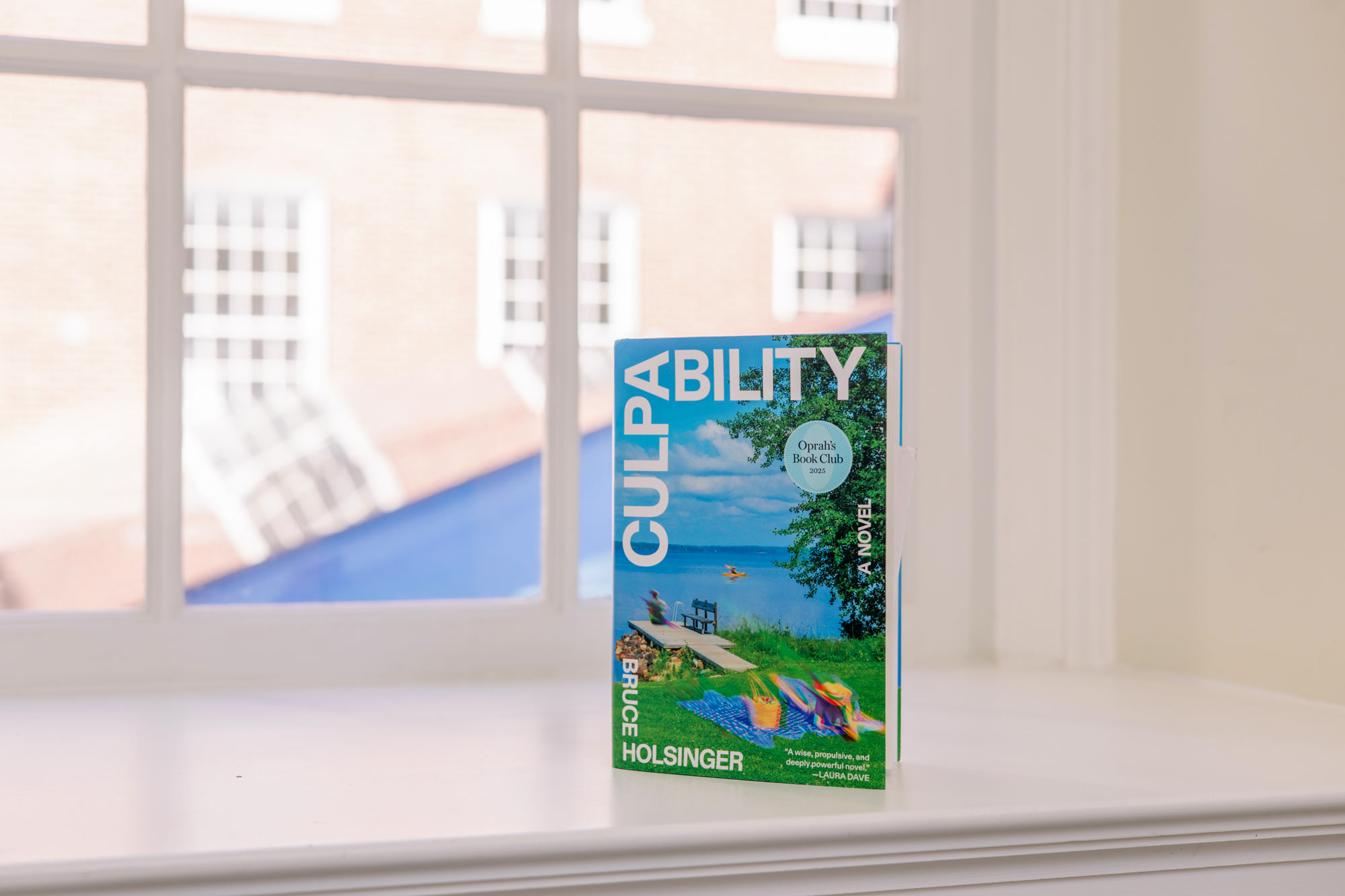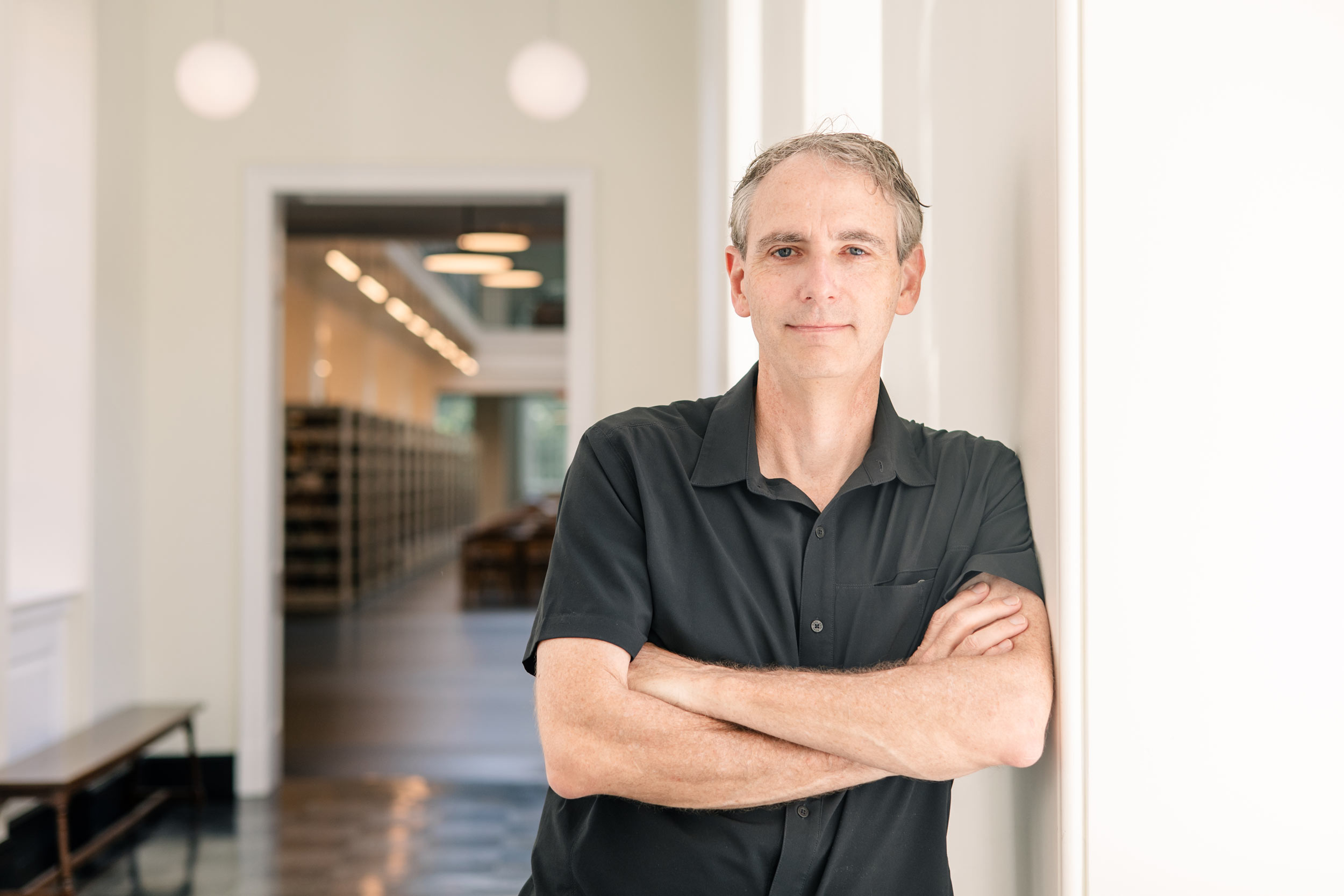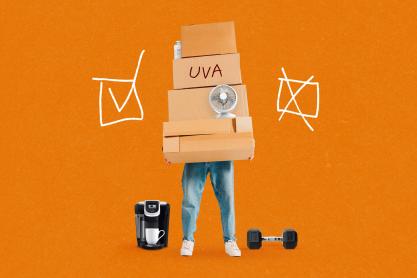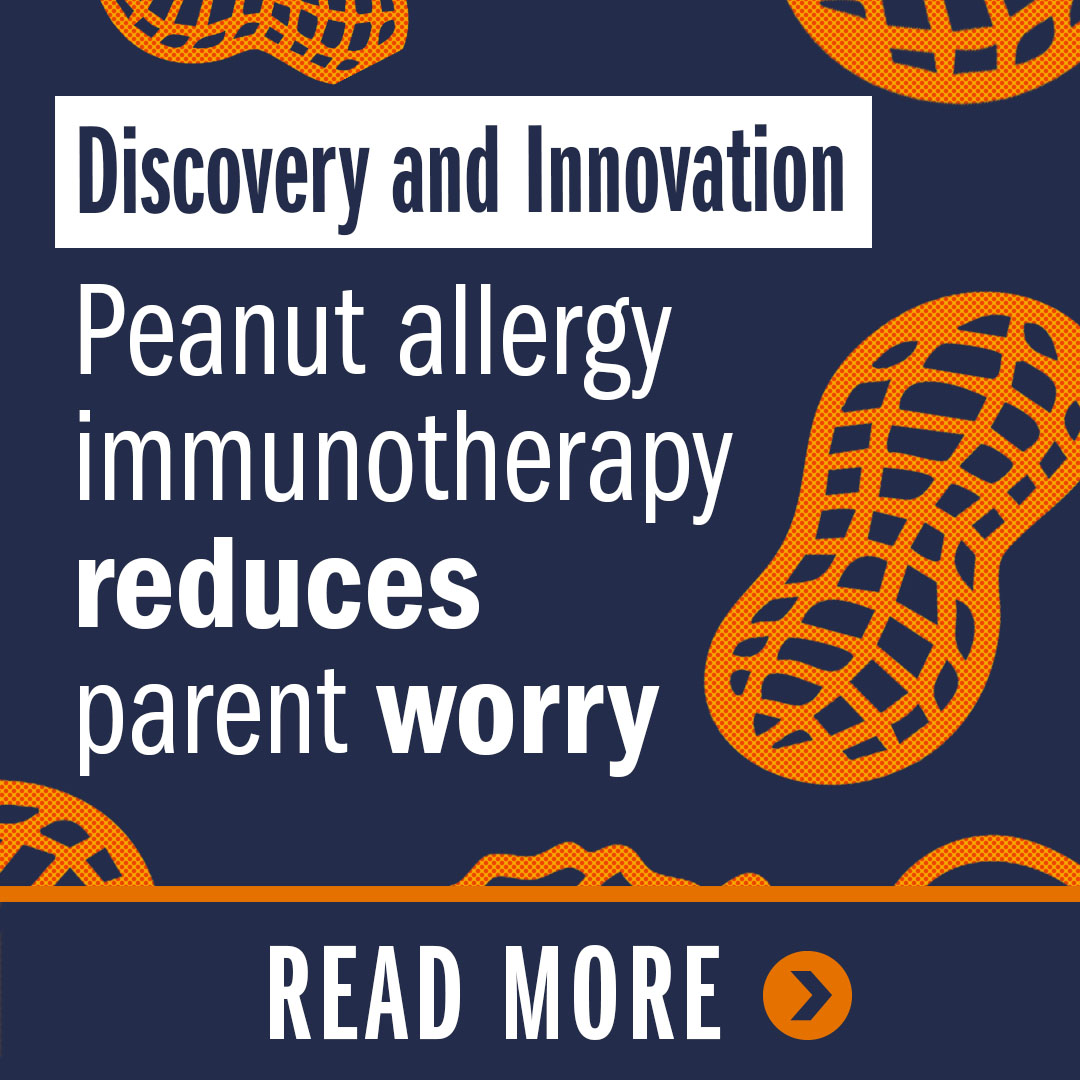When he picked up the phone, University of Virginia English professor and author Bruce Holsinger expected to hear his publicist’s voice. Instead, he heard the instantly recognizable voice of Oprah Winfrey.
“Your publicist is not calling you. She set you up, Bruce. I’m calling about ‘Culpability,’ and I want to choose it as my summer read for 2025,” Winfrey said in their phone conversation she recorded and posted to Instagram.
Bruce Holsinger: Hello.
Oprah Winfrey: Bruce?
Holsinger: Yes.
Winfrey: Opray Winfrey calling you right now.
Holsinger: Oh.
Winfrey: Hi.
Holsinger: Hi.
Winfrey: So, Bruce, I don't know who you thought was calling you, but it's me.
Holsinger: I thought my publicist was calling me.
Winfrey: Your publicist is not calling you. She set you up. Bruce, I'm calling about “Culpability”, and I want to choose it as my summer read for 2025
Holsinger: Oh, I'm so thrilled.
Winfrey: So am I. How did you come up with the title?
Holsinger: It just sprang to me as soon as I started exploring the problem of AI…
Winfrey: Yeah.
Holsinger: …and responsibility in the book. I realized what I was really talking about was who was responsible. And in this book, it just felt like culpability could be so spread through all the family members, through the corporation, through AI in general.
Winfrey: It's just so all fascinating and gives us all so much to think about.
Holsinger: Can't wait to talk to you. I'm so excited.
Winfrey: All right. All right. Talk soon.
Holsinger: So grateful. Thank you so, so much.
Winfrey: Now. Now you can go talk to your publicist. Now.
Holsinger laughing:
Holsinger: Thank you, Oprah.
Winfrey, one of the most influential literary tastemakers in the world, selected Holsinger’s fifth novel as her latest selection for Oprah’s Book Club.
“Culpability” dives into the tangled moral consequences of artificial intelligence, personal responsibility and corporate ethics.
UVA Today caught up with Holsinger, who specializes in the literature and culture of the medieval world, as he embarked on a cross-country book tour to talk about his novel, his students and his thoughts on how AI is changing literature and education.
Q. What inspired the premise of “Culpability,” and how did artificial intelligence become central to the story?
A. Usually, my novels begin with a premise, a situation, a character. But “Culpability” began with the setting: an Airbnb on a cove in the Northern Neck of Virginia, just off the Chesapeake Bay. Our family stayed in the rental – a modest three-bedroom house – for a few days the first summer of the pandemic. Next door was a renovated estate, transformed from a ramshackle horse farm to a glitzy waterfront compound. The juxtaposition stayed in my head for years, long before the AI theme came to mind, as a setting I wanted to explore for a novel.

“Culpability” challenges readers to examine the ethical complexities of artificial intelligence. (Photo by Emily Faith Morgan)
Q. The book explores AI through a moral and ethical lens. What questions were you trying to raise about responsibility and blame in an AI-driven world?
A. I’ve been fascinated and repulsed by the propensity of AI to threaten human autonomy. Corporations are building these machines while humans are giving more and more of their everyday lives and decision-making over to their algorithms.
“Culpability” asks us to think carefully about these transformations and consider their implications from a variety of perspectives. One of the main characters, Lorelei Shaw, is a world-leading expert in the field of ethical AI. Readers will encounter brief passages of her book on the subject as they go along. I wanted her to be the conscience of the novel, though, as readers will see, her conscience when it comes to AI is flawed in a number of ways.
Q. Alice, one of your characters, has extended conversations with a chatbot. What went into developing that AI voice, and what do you hope readers will take away from these exchanges?
A. As her father Noah, the novel’s narrator, notes, Alice struggles making and keeping friends – and finally, in Blair, a chatbot she invents through an app, she has a “friend” (and her dad has no clue this friend is an AI-generated bot).
I wanted to examine the uncanny, creepy relationships developing between young people and chatbots, often without their parents’ knowledge. The chats between Alice and Blair add a lot of suspense to the narrative and give the story a good twist or two as we go along.










